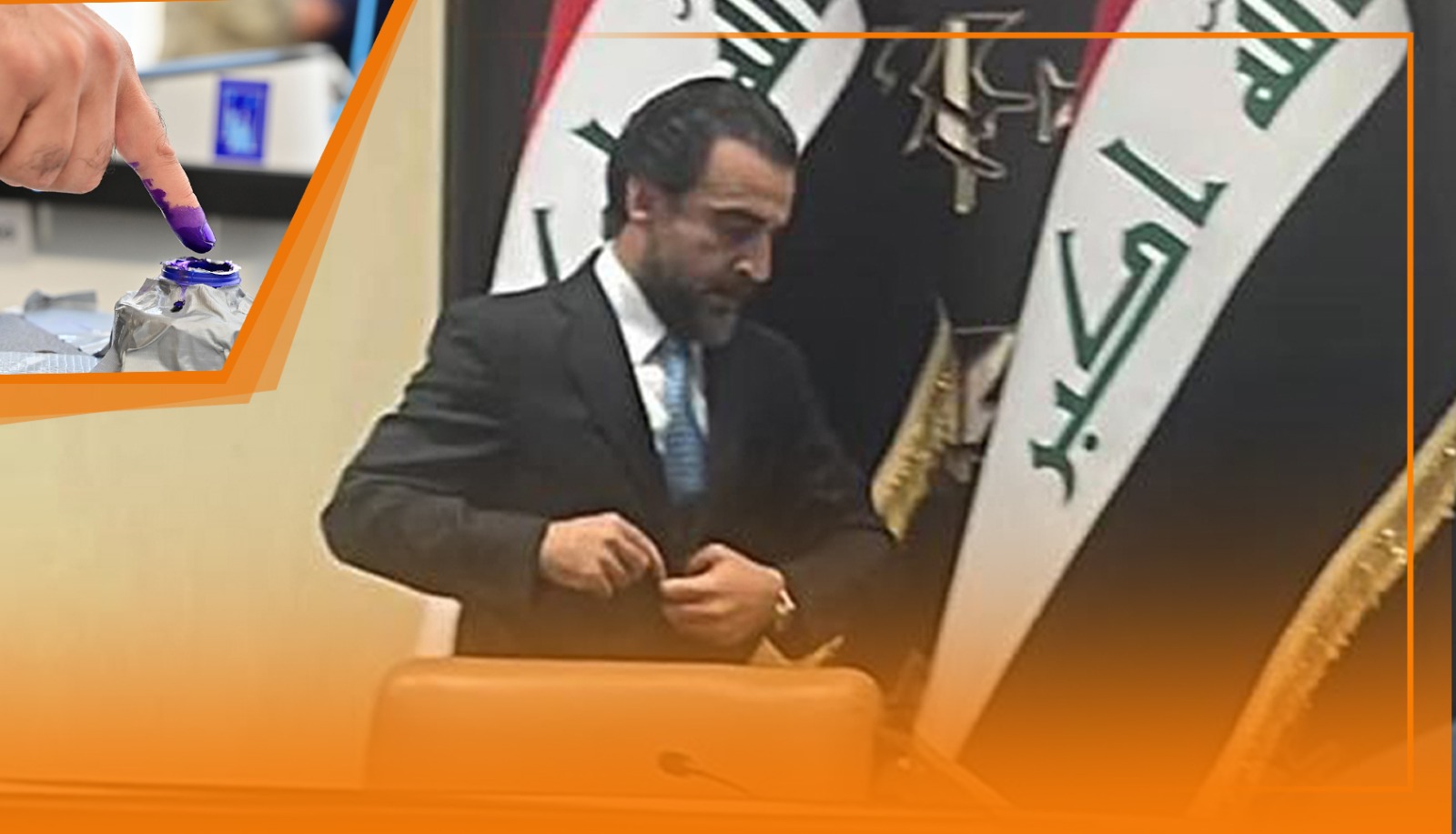The ousting of Mohammed Halbousi from the parliamentary speaker's position is poised to directly influence the upcoming provincial council elections scheduled for next month.
The potential postponement of the upcoming elections is contingent upon the strength of Sadr's reaction to the removal of his ally and the hypothetical transition of the Sadr-Halbousi alliance to the next phase. Conversely, if Sadr remains unresponsive, it is plausible that Halbousi's current standing as the foremost Sunni politician in Iraq may experience a decline.
Halbousi, a Sunni politician who swiftly surpassed his Sunni rivals with support from Iran-affiliated groups, witnessed a shift after the Sadr-KDP-Taqadum tripartite agreement following the October 2021 elections. Behind the scenes of the formation of Sudani's government, continuous political discussions quietly circled the potential ousting of Halbousi from the parliamentary presidency. Amidst this, Mahmoud al-Mashhadani has consistently been presented as a replacement candidate, while other names like Khalid Obeid have also surfaced in these deliberations.
Irrespective of the legal justifications behind Halbousi's removal, this stands as the second significant domestic development in Iraq, signaling a potential erosion of the Sadr-Barzani-Halbousi tripartite coalition. Erbil has grappled with sustained economic and political pressures for over a year. Sadr's abrupt exit from parliament and the subsequent government formation by his rivals are poised to diminish Sadr's influence within the southern Iraqi provincial administration, particularly if elections proceed as anticipated.
Halbousi's ousting is poised to benefit rival lists in the upcoming provincial council elections, including Al-Hassam, Al-Azm, and Al-Siyada. This extends to a broader spectrum of former Sunni politicians who were marginalized in the shadow of Halbousi's influence. Furthermore, Shiite groups, aiming to diminish Halbousi's strength by reintroducing figures like Ali Hatem al-Suleiman and the Abu Risha family, along with creating a protest front from Anbar, are likely to find satisfaction in this decision.
The withdrawal of ministers by Halboui may pose temporary challenges for Sudani’s cabinet, already facing dissatisfaction from certain Shiite groups. However, if Halbousi aligns with Sadr in advocating for a boycott, it could present a significant hurdle for the Coordination Framework and possibly elevate the chances of election delays.
Following the court's ruling, Mohammed al-Halbousi now holds the title of the former speaker of parliament. This comes amidst a sequence of alterations in security institutions, including the dismissal of the counter-terrorism force commander and efforts to undermine Erbil. While this strengthens the position of the Coordination Framework in Iraqi politics presently, the endurance of this strength depends on the broader regional context, electoral dynamics, and the future trajectory of the Hannanah-Anbar-Erbil triad.

